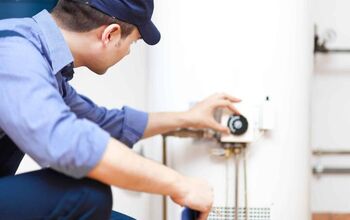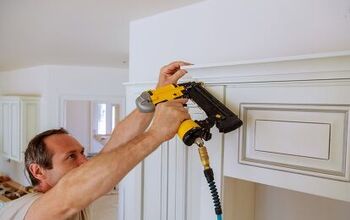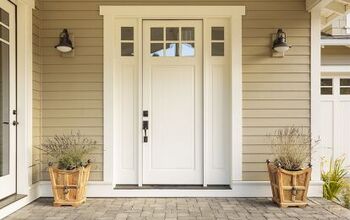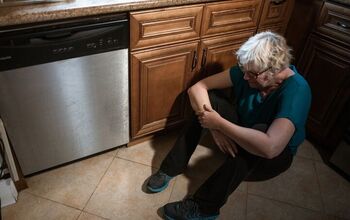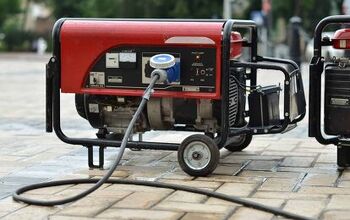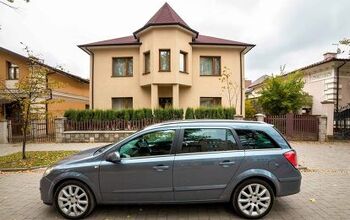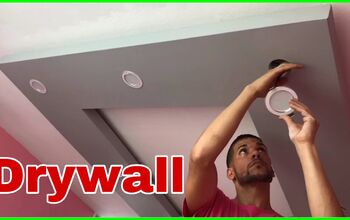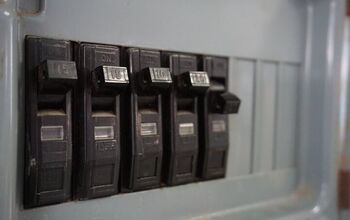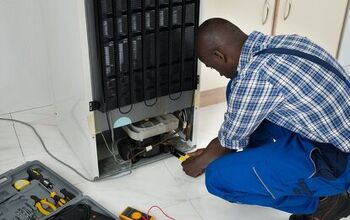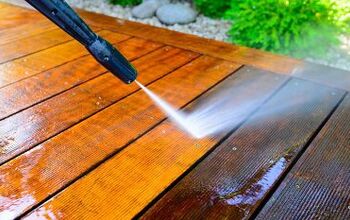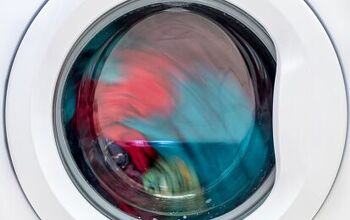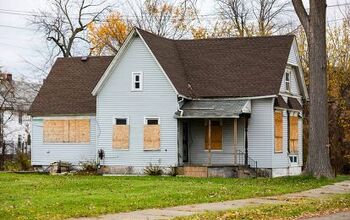How Do I Stop My Air Ducts From Popping?

Air ducts carry and deliver air throughout our homes, but they don’t always work as intended. It is hard to enjoy some quiet time at home when you hear popping and banging sounds when your AC runs. So, how do I stop my air ducts from popping?
The best way to stop your air ducts from popping is to seal leaks and insulate them with fiberglass insulation. Some homeowners even install rubber pads against the frames near their air ducts to reduce vibration and absorb sound. You may need to replace your air ducts if they’re over 15-25 years old, loud, moldy, and leaking air.
Pay attention to the sounds that your air ducts make and keep track of when they occur. This can help you or a licensed HVAC technician diagnose the cause of the problem. Follow along as we highlight the best ways to stop your air ducts from popping.
Why Do My Air Ducts Keep Popping?
Air ducts produce popping sounds because of several problems, such as poor insulation. That said, popping sounds don’t always necessarily mean that something is wrong with your air ducts. For example, popping and banging sounds are more common in rectangular ducts than in circular ducts.
Otherwise, it can occur because of excessive dirt, dust, and debris. HVAC professionals sometimes even find animal droppings and dead rodents in air ducts. Popping sounds also occur when air ducts move because of air pressure and humidity.
How To Make Air Ducts Stop Popping
1. Clean Your Air Ducts
Your air ducts may be popping simply because they are dirty and clogged. Neglecting ductwork maintenance is easy, but doing so can lead to poor air quality and unusual sounds. Air ducts become clogged with dead skin cells, pet hair, dust, debris, and dirt.
These contaminants combined with moisture and darkness can also cause mold to grow in your ductwork. Sometimes, the popping sound is simply air struggling to get past debris obstructing the ducts. You can avoid this and other problems if you have your ductwork cleaned every 3 to 5 years.
Cleaning air ducts costs an average of $750, but prices typically vary between $450 and $1,000. Professional HVAC technicians use vacuums and special tools to dislodge debris. You would be shocked at what HVAC professionals find in air ducts, as even rodents sometimes get stuck in them.
2. Swap The Filter
A dirty air filter can wreak havoc on any HVAC system, and it can affect your air ducts. Dirty filters restrict airflow and strain your AC and furnace. That’s especially true if you have a filter with a small surface area, such as a 1” pleated filter.
Pressure quickly accumulates within air ducts when a filter is dirty and clogged. Not only does a dirty filter restrict air flow, but it can also make your ductwork even dirtier. The average homeowner must replace their air filter once every 90 days.
However, it’s a great idea to check your filter’s condition monthly as it may get clogged sooner. That’s especially true if you live in a small home with a large family and pets. In that case, you may need to replace your air filter in just 30 to 60 days.
3. Switch To Circular Air Ducts
Rectangular air ducts are quite common, but they are also somewhat loud. The shape and layout of rectangular ductwork sometimes creates lots of pressure. They are known for being much louder than circular air ducts.
Circular air ducts are typically much quieter than rectangular ducts because they don’t move as much and are well-supported. Sounds from rectangular air ducts have more bass to them than what you hear from circular air ducts. Not only can you stop your air ducts from popping with circular ductwork, but you can boost airflow.
That said, circular ducts aren’t compatible with every home because of how much vertical space they take up. Despite taking up more vertical space, round air ducts typically use less metal than rectangular ducts. This explains why round air ducts typically cost half of the price of rectangular ducts.
4. Insulate Your Ductwork
A lack of insulation is bad for your air ducts in many ways, and it can also explain the popping sounds. Not only does insulation help absorb noises, but it can also prevent air from leaking. Fiberglass is the best insulation material for air ducts, but polyethylene foam is also effective.
It typically costs between $1,000 and $3,000 to insulate air ducts. The cost varies based on the type of insulation and the size of your home. While this is somewhat expensive, it’s worth the cost because of the energy savings.
For example, uninsulated ductwork can lose up to 30% of the air that passes through it. Not only does this affect your comfort at home, but it affects your energy bills. Your air ducts are also less likely to drip when properly insulated, and they won’t move as much.
5. Seal Leaks
Leaks are common in air ducts, especially if they’re old or were poorly installed. Leaks not only waste warm and cool air, but they can also explain the popping sounds coming from your ductwork. Some homeowners jump to the conclusion that they must replace their ductwork, but sealing leaks is often ideal.
Leaks can occur because of installation problems, age, excessive humidity, and gravity. The average cost to seal air ducts is $2,250, but it costs as little as $500. However, you can spend as much as $4,000 to seal ductwork if the problem is severe, and the air ducts are extensive.
6. Pad Your Air Ducts
Popping, banging, and rumbling sounds often occur when air ducts bump into the frame. This happens because of air pressure and gravity, and it’s an easy problem to fix. While the ductwork may still move, padding your ducts with rubber can prevent loud sounds.
This is a relatively simple fix compared to other remedies, like insulating your air ducts. You can reduce sound if you install rubber pads on the frame. That way, the air ducts won’t pop and sound as loud when they sway.
You can even use sound-deadening mats meant for cars and acoustic mats used for sound-proofing studios. As long as the pad or mat is thick enough to reduce vibrations, the popping sound should get better or go away.
7. Replace Your Ductwork
The best way to stop your air ducts from popping is to replace them if they’re over 15-25 years old. Air ducts can even go bad in as little as 10 years in extreme cases. You may notice musty odors, weak airflow, mold, and excessive noise if your air ducts are 10-25 years old.
While you can seal, insulate, and pad air ducts to stop popping sounds and other problems, that’s not always enough. It’s better to put that money toward replacing them altogether if you won’t get many more years out of your air ducts.
You can expect to spend between $1,500 and $8,000 to replace air ducts in most homes. However, it costs up to $25,000 to replace ductwork in large mansions and commercial buildings. The cost comes from prep work, materials, labor, and construction. Construction is often needed, as they may cut into walls and ceilings.
Summing It Up
You can stop your air ducts from popping if you insulate them and pad them with rubber. Replacing your filter can also reduce ductwork noise if your filter is old and clogged. Seal leaks as needed and replace your air ducts if they are loud, inefficient, and between 15 and 25 years old.
Related Guides:

Nick Durante is a professional writer with a primary focus on home improvement. When he is not writing about home improvement or taking on projects around the house, he likes to read and create art. He is always looking towards the newest trends in home improvement.
More by Nick Durante










